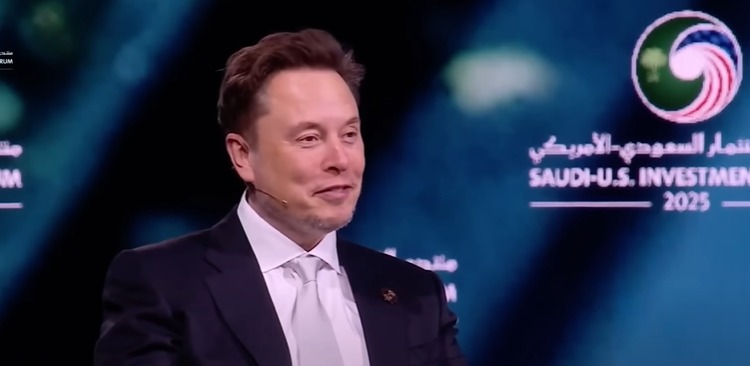Xavier Alexander Musk, born in April 2004, rose to fame as one of Elon Musk’s twin sons. However, twenty years later, Xavier’s identity no longer aligns with that name or story. She is now legally known as Vivian Jenna Wilson at the age of 20, indicating a profoundly personal change that transcends familial ties. Despite having its roots in gender identity, this shift also signifies a silent act of defiance towards a public figure whose everyday existence is streamed live like a fast-paced livestream.
Vivian firmly distanced herself from the legacy she earned by taking on her mother’s last name, Wilson, which she shares with Elon Musk’s first wife, Justine Wilson. The message was very clear when she filed court documents at the age of 18: she no longer wanted to be associated with her father “in any way, shape or form.” That intentional and documented statement made headlines not only because of Elon Musk but also because of what this chronological divide appeared to signify in the current cultural context.
| Category | Details |
| Full Birth Name | Xavier Alexander Musk |
| Current Legal Name | Vivian Jenna Wilson |
| Date of Birth | April 2004 |
| Age (as of 2025) | 20 years |
| Gender Identity | Transgender Woman |
| Parents | Elon Musk (father), Justine Wilson (mother) |
| Known Siblings | Griffin Musk (twin), 12 half-siblings including X Æ A-12, Exa Dark Sideræl, and Techno Mechanicus |
| Profession | Not publicly disclosed |
| Public Appearances | Minimal; prefers a private lifestyle |
| Reference Source | Times of India |
Elon Musk made a scathing statement in response to the change in the summer of 2022: “My son is dead.” Shared on social media and reverberated on commenting sites, the remark became a focal point in ongoing discussions concerning parental boundaries, gender identity, and ideological differences. The issue was no longer merely a family one; rather, it had evolved into a symbolic conflict that pitted Vivian’s inner truth against her father’s public image.

Many teens and young adults are still figuring out who they are at the age of twenty. Vivian has chosen conviction over convenience and privacy over publicity, despite the cacophony around her. She hasn’t given interviews, gone on public appearances, or capitalised on her heritage. Rather, she has quietly carved out a path, purposefully avoiding the allure of popularity and favor.
Interestingly, Vivian’s choice fits with an increasingly common pattern among famous people’s kids. The younger generation is increasingly opting to disassociate itself from inherited empires. Whether it’s Frances Bean Cobain concentrating on art instead of headlines or Jennifer Gates studying medical far from Microsoft’s shadow, the trend is remarkably similar: identity, not inheritance, is redefining legacy.
The incapacity to overcome this personal gap contrasts sharply with Elon Musk’s lofty goals as an innovator who thrives on pushing the boundaries of technology and transportation. Although his businesses are frequently characterized as futuristic, his response to his daughter’s metamorphosis felt firmly anchored in a history that is resistant to change. Not everyone has overlooked that contradiction.
Elon Musk’s propensity to mix private matters with public discourse has greatly increased interest in his family in recent years. Although prominent figures like Mark Zuckerberg and Tim Cook don’t often discuss personal issues, Musk’s remarks regarding Vivian’s identity have been exploited as ideological fodder by a number of organizations. A personal conflict became a cultural flashpoint as a result.
By taking a step back, Vivian has accomplished something especially significant: she has regained the freedom to define herself without approval or criticism. Her transition is a tale of independence, self-determination, and the guts to defy societal norms rather than merely being a gender story. It also serves as a reminder that changes in oneself, particularly in early adulthood, can have repercussions that put established systems to the test.
Her story doesn’t conclude with an IPO or graduation speech, nor does it follow a startup pitch. Like all young people, Vivian Wilson is still developing. She had to make her first adult choice in front of an audience she didn’t request, though, unlike most. She also started a vital discussion about how we view identity, legac
